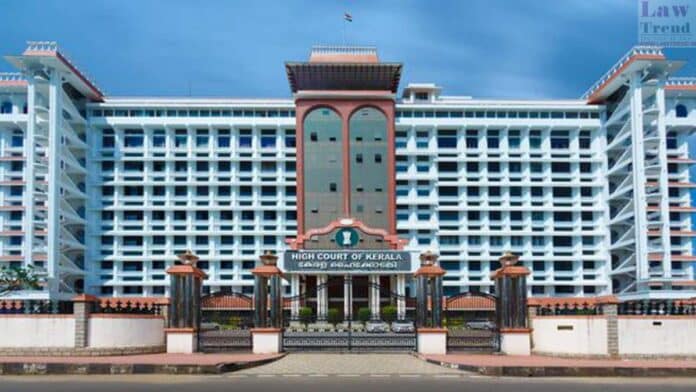In a landmark judgment, Justice Harisankar V. Menon of the Kerala High Court declared that children born from void marriages under the Hindu Marriage Act are entitled to inherit their parents’ property. This judgment was pronounced in the case of Smt. Anitha T v. Kerala State Civil Supplies Corporation Limited (WP(C) No. 38719 of 2016)
To Read More Please Subscribe to VIP Membership for Unlimited Access to All the Articles, Download Available Copies of Judgments/Order, Acess to Central/State Bare Acts, Advertisement Free Content, Access to More than 4000 Legal Drafts( Readymade Editable Formats of Suits, Petitions, Writs, Legal Notices, Divorce Petitions, 138 Notices, Bail Applications etc.) in Hindi and English.




